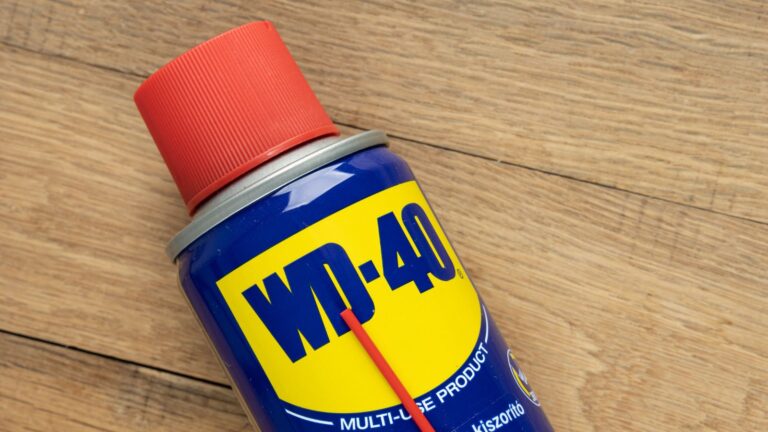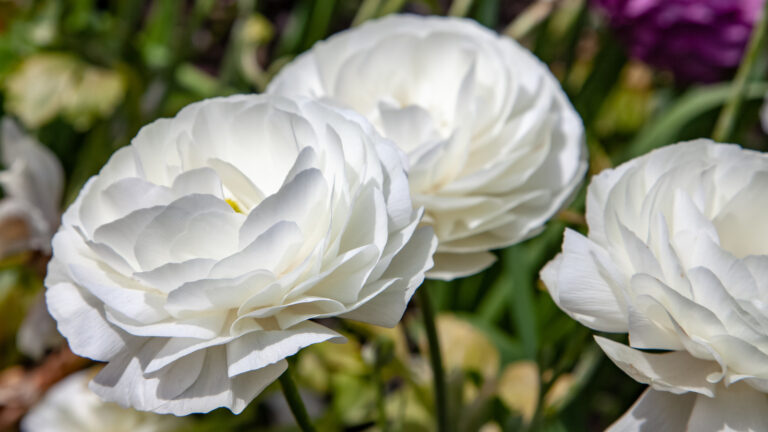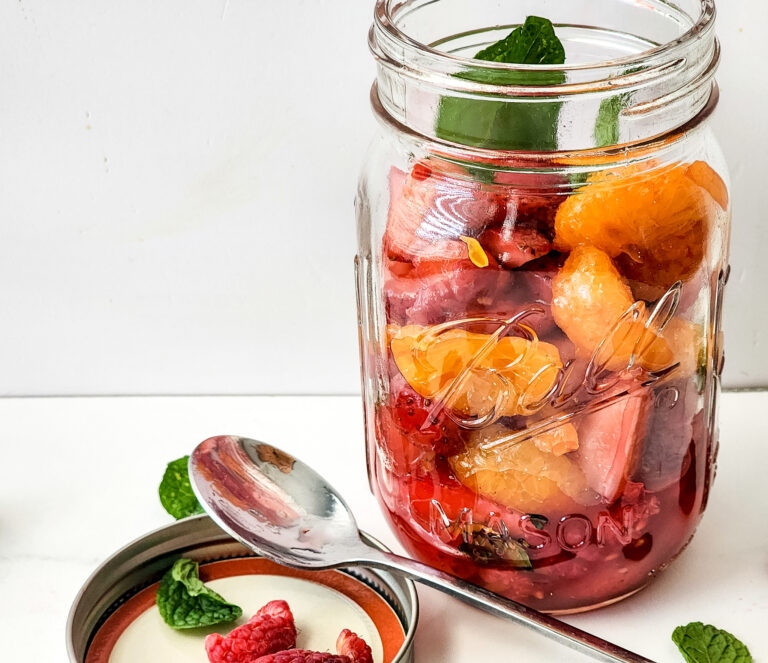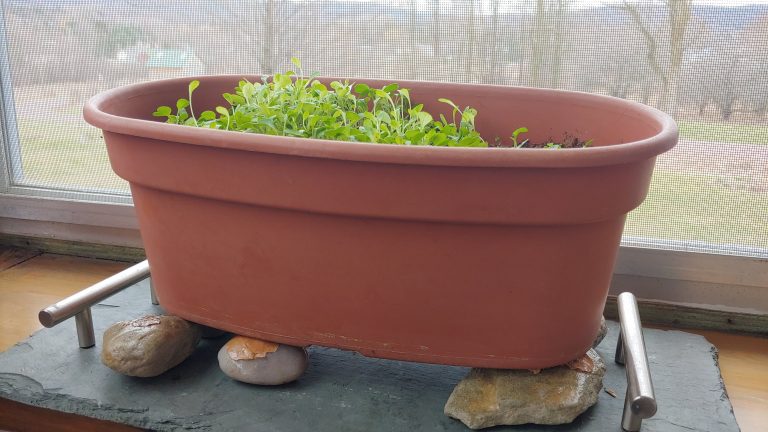This post may contain affiliate links.
Weeds often sprout up in places where they’re not welcome. Because they’re aggressive and invasive, they can quickly overtake and suffocate your preferred plants if you don’t manage them properly.
While we may tolerate certain weeds like dandelions, most gardeners aim to remove these undesired plants from their gardens—for good.
To help you get rid of weeds in your garden, here are 12 natural methods to consider.
1. Hand Pulling Weeds

A time-tested method for weed removal is to simply pull them out by hand. If necessary, equip yourself with gloves and use gardening tools like claws or trowels to loosen the weeds from the soil before pulling. This helps ensure you get the whole weed, roots, and all.
2. Remove the Entire Root

Weeds can stubbornly regrow if any part of the root is left in the soil. When pulling weeds, make sure to remove the entire root system to prevent them from coming back.
3. Weed After Rain

Weeding is easiest after rainfall when the soil is soft. The rain makes it simpler to pull out the entire weed, including the root and helps you tell weeds apart from your plants.
4. Use Vinegar

Vinegar, with its high acetic acid content, is effective at drying out weeds. Apply it directly or in a diluted form with salt or dish soap to target weeds without harming your plants.
14 Vinegar Hacks You’ll Wish You Knew Sooner
5. Pour Boiling Water

Pouring boiling water over weeds can kill them by destroying their cells. This method works well for both young sprouts and established weeds.
6. Apply Salt

Salt, or sodium chloride, can kill weeds by dehydrating them. Apply a saltwater solution or dry salt directly to the weeds, but avoid the soil to prevent damage.
14 Surprising Uses for Salt That Don’t Involve Cooking
7. Baking Soda

Baking soda can dehydrate and kill weeds when sprinkled over them. For best results, mix with water or apply to moist soil.
19 Clever Ways You Can Transform Your Entire House With Baking Soda
8. Mulching

Mulch can block sunlight from reaching weeds, preventing their growth. Lay a thick layer of mulch over the soil to keep weeds at bay.
How to Mulch a Vegetable Garden
9. Apply Rubbing Alcohol Solution

Rubbing alcohol can effectively dehydrate weeds. Mix it with water (and, optionally, a surfactant like dish soap) and spray directly onto the weeds.
15 Surprising Ways To Use Rubbing Alcohol
10. Corn Gluten Meal as a Weed Suppressant

Cornmeal can prevent weed seeds from germinating by dehydrating them. Sprinkle on garden beds to suppress new weed growth.
11. Crowd Them Out
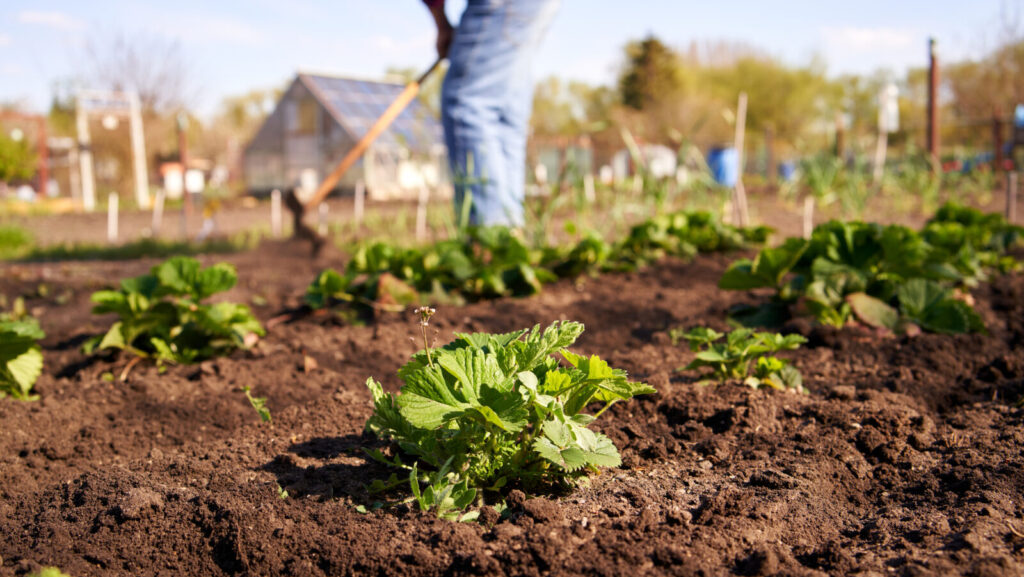
Plant your garden densely to leave less room for weeds to take hold. Healthy, closely spaced plants can naturally suppress weed growth by outcompeting them for sunlight and nutrients.
12. Landscape Fabric

Installing landscape fabric, also known as weed barrier cloth, can prevent weeds from growing. It’s best used in garden beds where you don’t plan on planting annuals or in areas around shrubs and trees.
How to Start a Herb Garden from Scratch
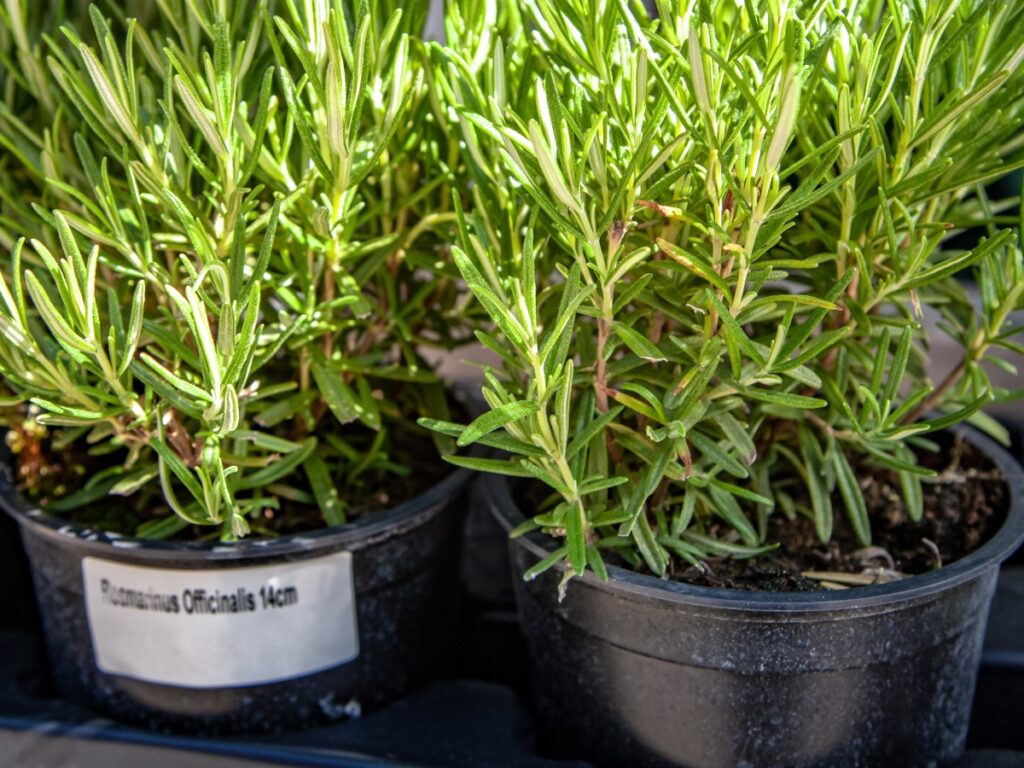
Growing something as simple as our own herbs is a huge step towards sustainability. You can begin the process in a small space in the kitchen or backyard with some of your favorite herbs. Here are some simple but practical steps to get you started on your own herb garden.
How to Start a Herb Garden from Scratch
28 Budget-Friendly Front Yard Ideas for Stunning Curb Appeal
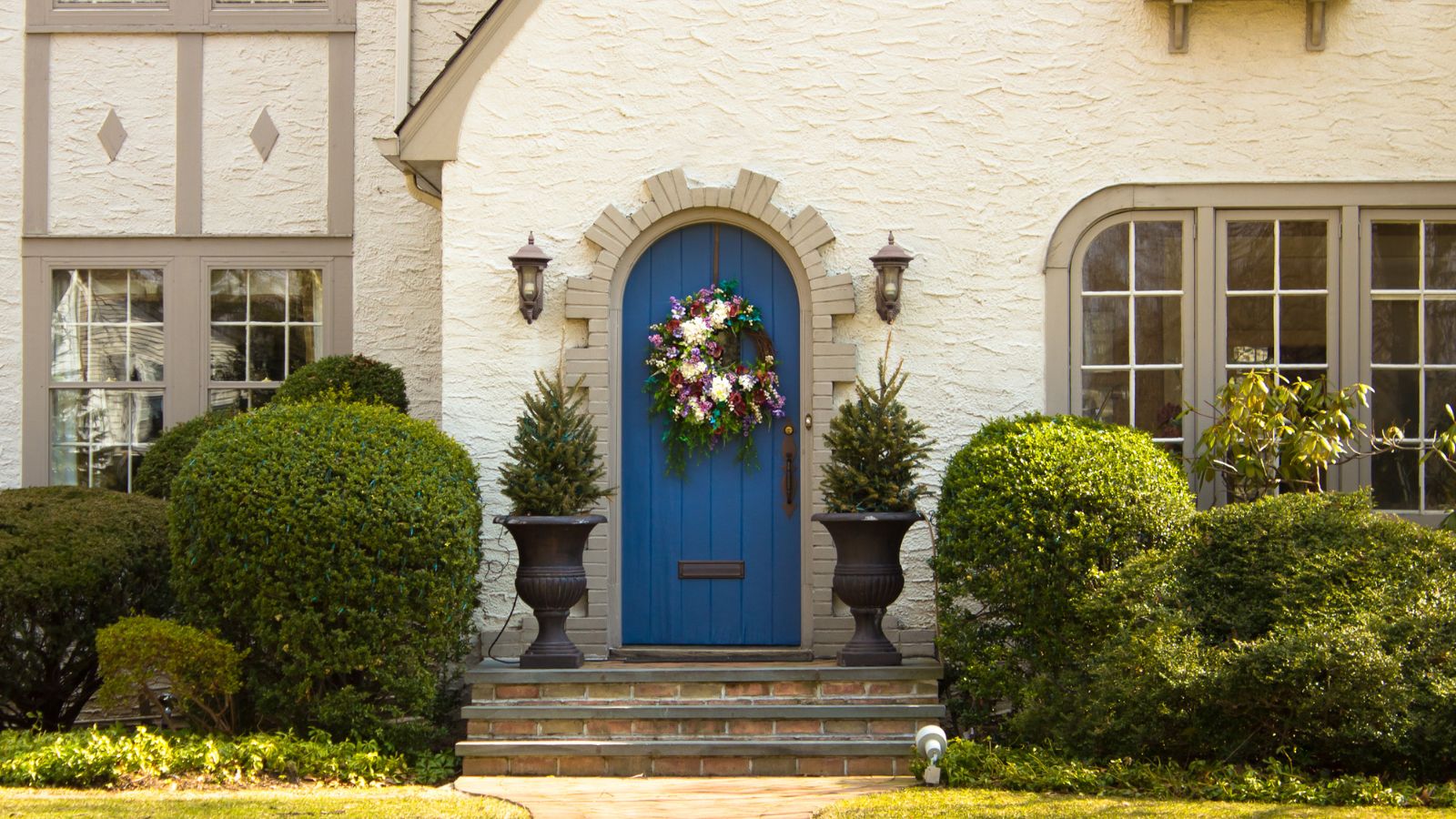
Improving your home’s curb appeal not only presents well but can also boost your home’s value. And even if you are on a tight budget, with simple yet affordable ideas, you can have your front yard looking like a star in no time. Here are 28 to give your front yard the attention it deserves and transform it into a beautiful and inviting space you can be proud of.
28 Budget-Friendly Front Yard Ideas for Stunning Curb Appeal
Plants to Grow Now for a Mosquito-Free Summer
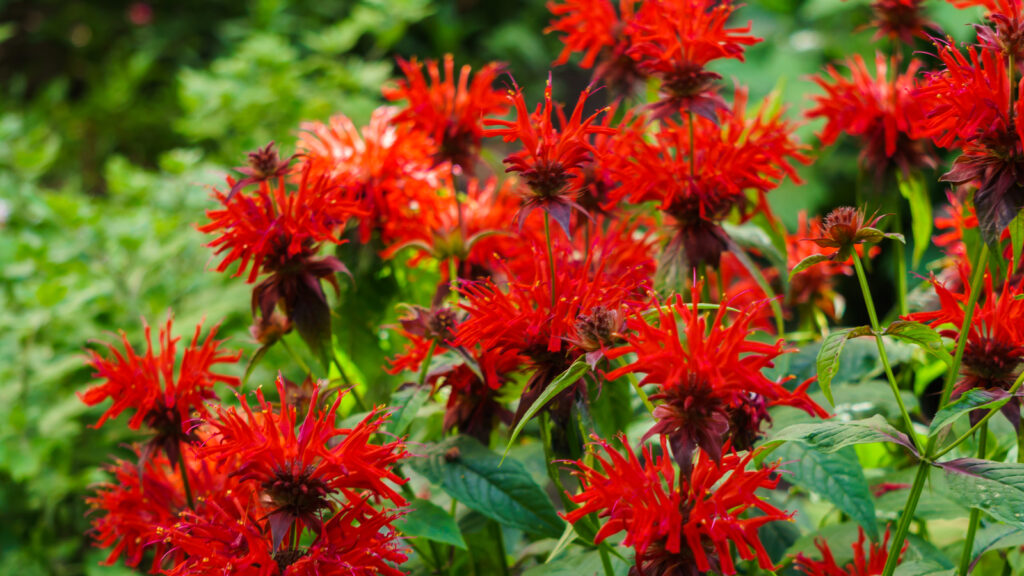
Here are some of the best plants that you can grow in your yard to help keep the mosquitoes at bay.
